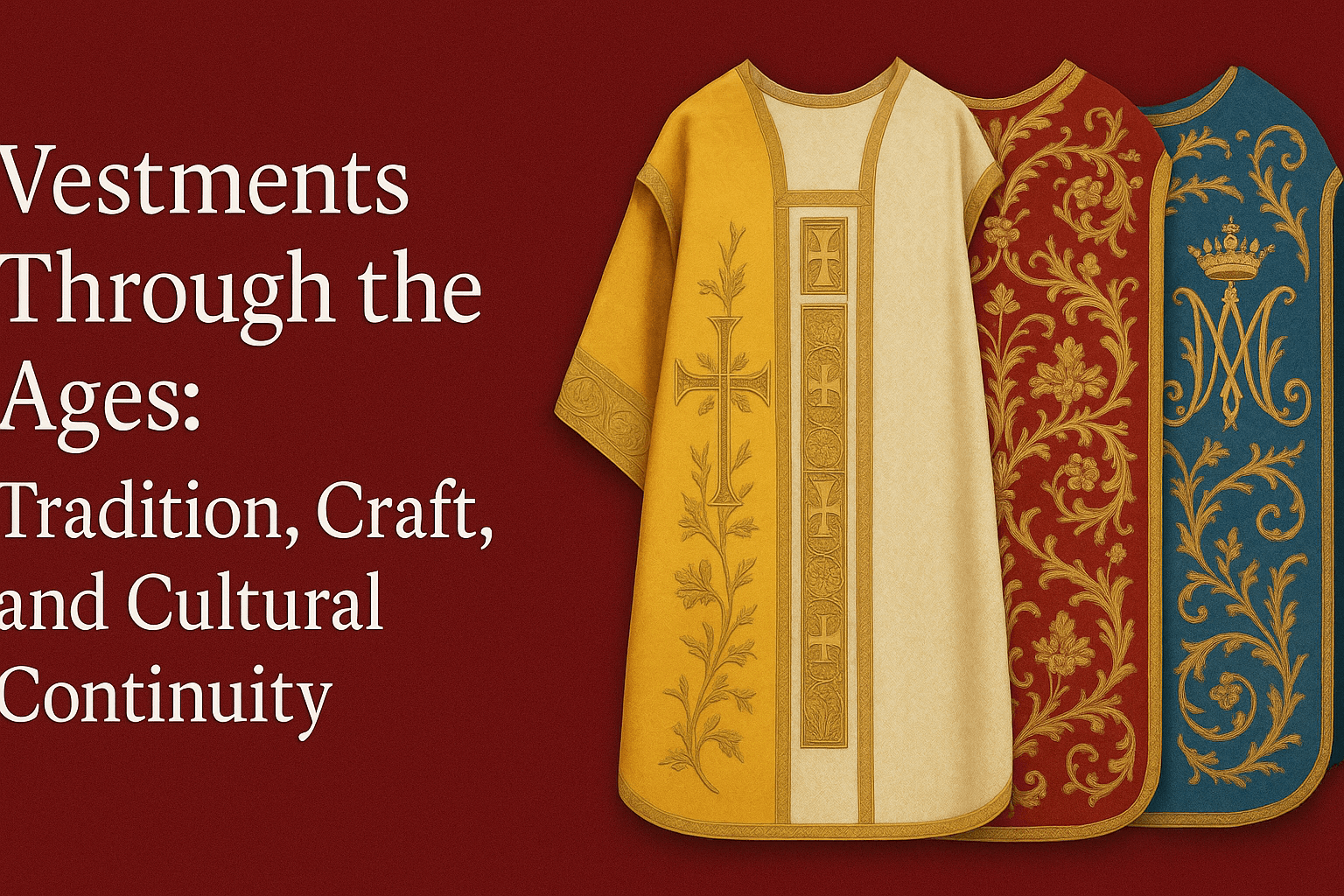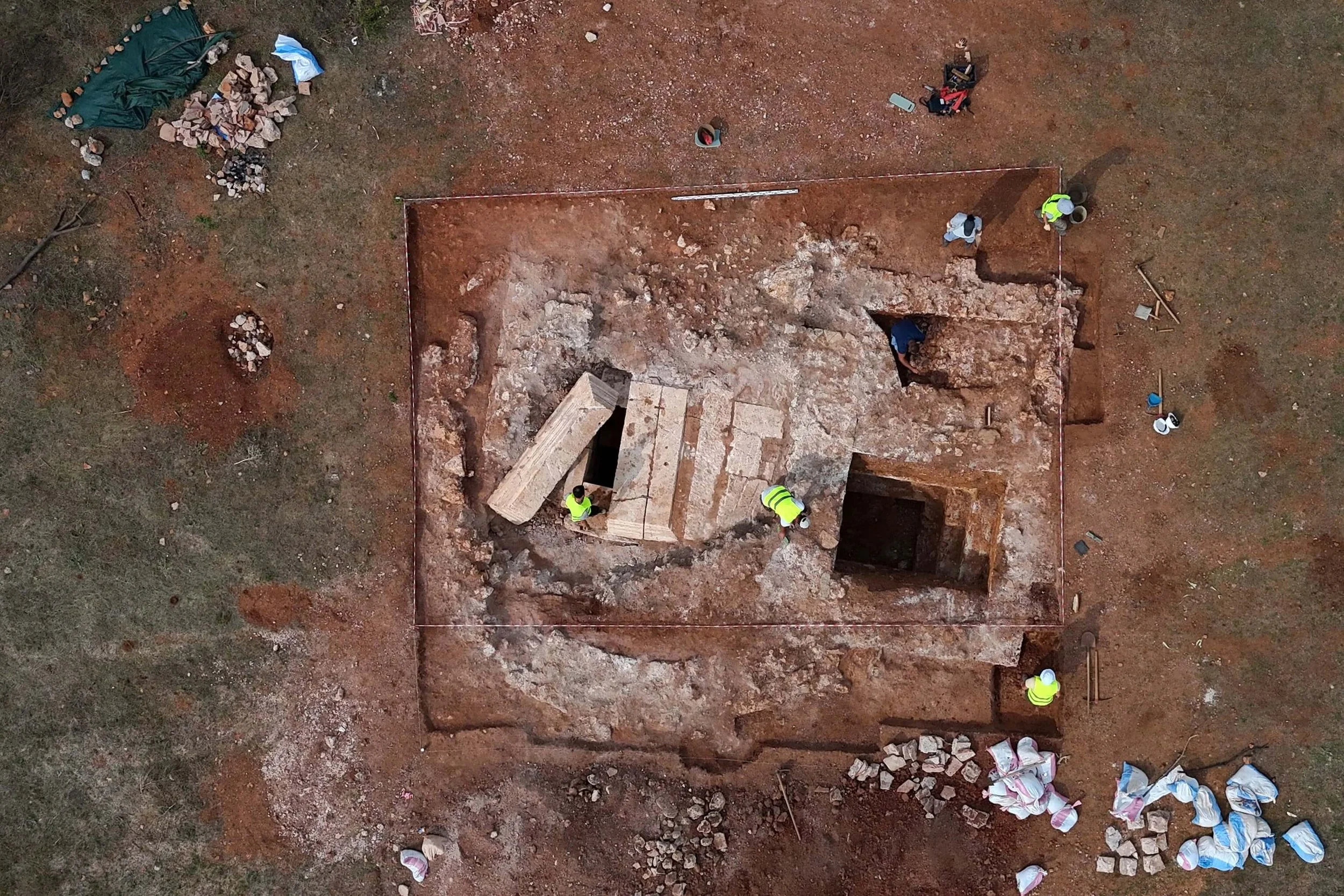The Founding Myth of Rome
The city of Rome celebrates its foundational myth with the annual event known as Natale di Roma, marking what is believed to be its establishment in 753 BC by the legendary figure Romulus. According to tradition, the story begins with the miraculous survival of twin brothers, Romulus and Remus, who were abandoned on the banks of the River Tiber and nurtured by a she-wolf. The brothers later contended for the right to establish a new city, a dispute that tragically ended with Romulus killing Remus and naming the nascent city after himself. This dramatic tale not only sets the tone for Rome's storied history but also embeds a narrative of struggle and triumph in the city’s identity.
Rome’s Ascent to Glory
Rome's history is characterized by its remarkable transition from a modest settlement of shepherds to a vast empire that, at its peak, encompassed the Mediterranean and beyond. This expansion was driven by a combination of military prowess, strategic alliances, and a complex system of laws and governance that integrated a diverse array of conquered peoples. Rome’s architectural and engineering achievements—such as roads, aqueducts, and public buildings—further testify to its glory days, facilitating not just the empire's expansion but also the flow of ideas, cultures, and commerce.
Principles of Roman History
Central to the understanding of Roman history are several key principles:
Legal and Political Innovation: Rome’s contribution to the systems of law and governance is monumental. The principles of Roman law, such as justice, equity, and the protection of property, have influenced countless legal systems in the West. Politically, Rome evolved from a monarchy to a republic and finally to an imperial structure, reflecting an ongoing experiment in governance that would echo through the ages.
Military Discipline and Strategy: Rome’s military was a cornerstone of its empire, renowned for its discipline, tactical innovation, and the integration of foreign soldiers into its ranks. The legions were not just military units but crucial tools for political and social integration, spreading Roman culture and customs far beyond Italy.
Cultural Syncretism: As Rome absorbed territories, it also adopted and adapted the gods, rituals, and cultural practices of those it conquered. This syncretism enhanced Roman religious life and helped stabilize diverse empire regions by respecting and incorporating local traditions.
Public Welfare: The Romans pioneered the concept of public welfare with initiatives like grain doles and public baths. These efforts, aimed at maintaining public order and contentment, highlighted the state’s role in individual lives, setting precedents for future governance.
Celebrations of the Eternal City
Today, the Eternal City commemorates its founding with a vibrant blend of historical re-enactments, parades, and cultural events that draw participants and spectators from across the globe. These festivities not only honor Rome’s past but also serve as a vivid reminder of its enduring influence on art, culture, and politics. Events like gladiator displays, re-enactments of ancient rituals at the Circus Maximus, and musical performances resonate deeply with both the historical significance and the mythic grandeur of Rome.
As the Italian Army Band's performance of the "Gladiator" soundtrack fills the Circus Maximus, it evokes not only the splendor of ancient Rome but also its portrayal in modern culture, reminding us of the timeless fascination with this unique city. Rome, at 2,777 years old, continues to be a powerful symbol of resilience and innovation, a city that has repeatedly risen from adversity and redefined itself, much like the mythical phoenix of its legends.
Today, Rome's birthday is not just a local festivity but a global celebration of an eternal city that has profoundly shaped human history and continues to inspire and intrigue millions around the world. Happy Birthday, Rome! Here’s to many more centuries of influence and renewal.












